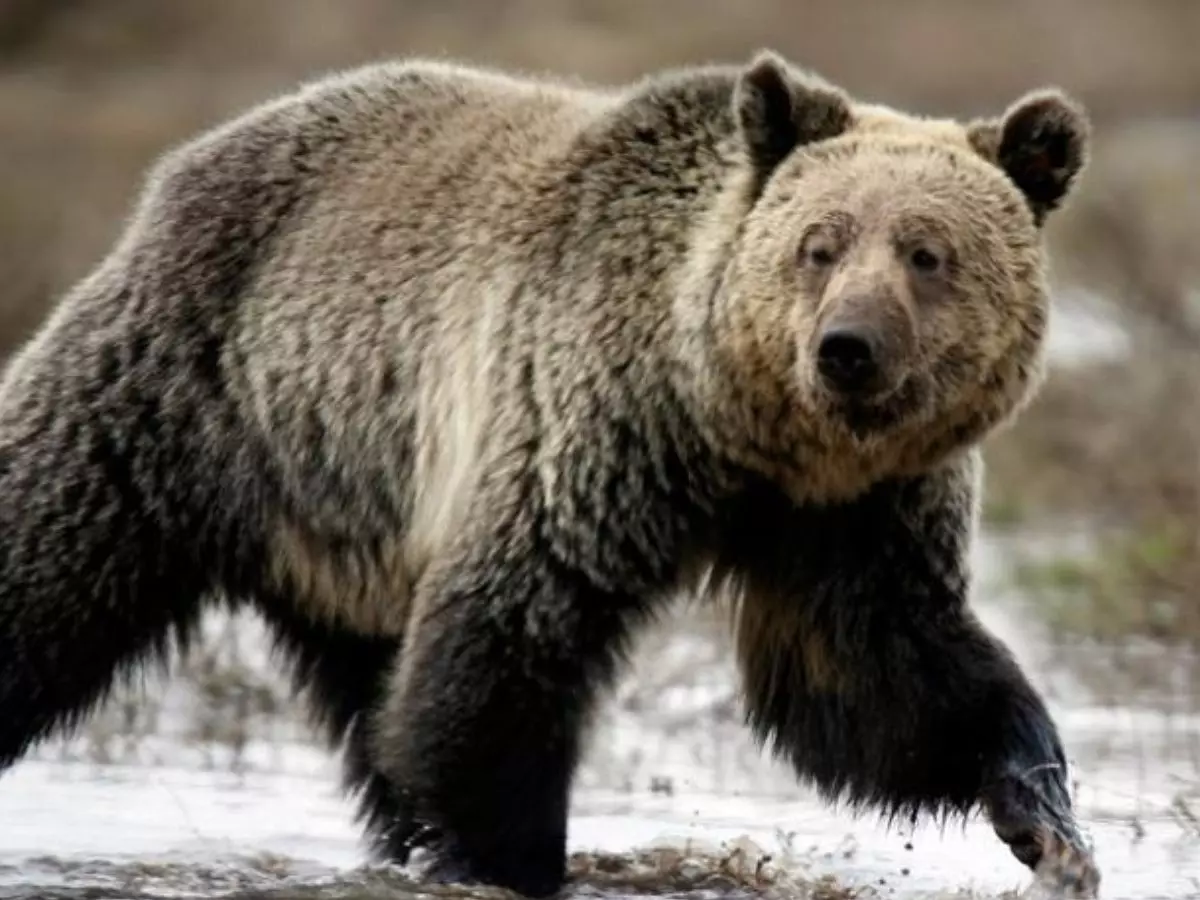Climate Change Is Forcing Bears To Come Out Of Hibernation Early And This Is Bad
Bears hibernate when the temperatures drop 10 degrees celsius, but in many places, the temperature didn¡¯t get that cold, resulting in the bears to either hibernate for a lesser duration with some not hibernating at all.

We might think climate change is only affecting us, but in fact, it is really destroying the natural cycles of animals across the globe. Just last week we found that hedgehogs have not hibernated this year due to the hottest winter experienced by our planet. And now, reports have revealed that even bears haven¡¯t hibernated this year.
 Reuters
Reuters
Svetlana Akulova, CEO at Moscow Zoo, has shared with the world that they¡¯ve already started preparing for the two Himalayan bears in their captivity to come out of hibernation around a month before than expected. The bears are usually expected to come out of hibernation by April.
The zoo had been closely monitoring the behaviour of the bears during hibernation in February and discovered that they looked much more active than normally seen during the hibernation phase, indicating that they¡¯re ready to come out of hibernation.
She said in a statement to Moscow Times, ¡°Our zoologists were preparing for the bears to wake up earlier due to the abnormally warm winter.¡±
In case you didn¡¯t know, during hibernation, bears don¡¯t eat, and mostly end up sleeping, waiting for the cold climate to go away. So when they do come out of hibernation, they¡¯re obviously starving. When bred in captivity, however, their transition is a little different, as zookeepers feed the bears in small quantities to not shock their digestive system.
Another zoo near south of Moscow dubbed Voronezh Zoo saw its bears taking strolls, coming out of hibernation. Moreover, even hunters in Kirov region of east Moscow several wild bears roaming in the forest -- a rare occurrence.
Two bears at Korkesaari Zoo in Helsinki, Finland, were also among the many who woke in mid-February after just two months of hibernation.
 Reuters
Reuters
Why is this a worrying sign?
Bears hibernate when the temperatures drop 10 degrees celsius, but in many places, the temperature didn¡¯t get that cold, resulting in the bears to either hibernate for a lesser duration with some not hibernating at all.
They hibernate because, during cold temperatures, they don¡¯t really get the food they like to it, making their survival difficult.
With the hibernation getting cut short or not occurring at all, bears would keep on looking for food, and eventually succumb to hunger or come to places where humans live.
